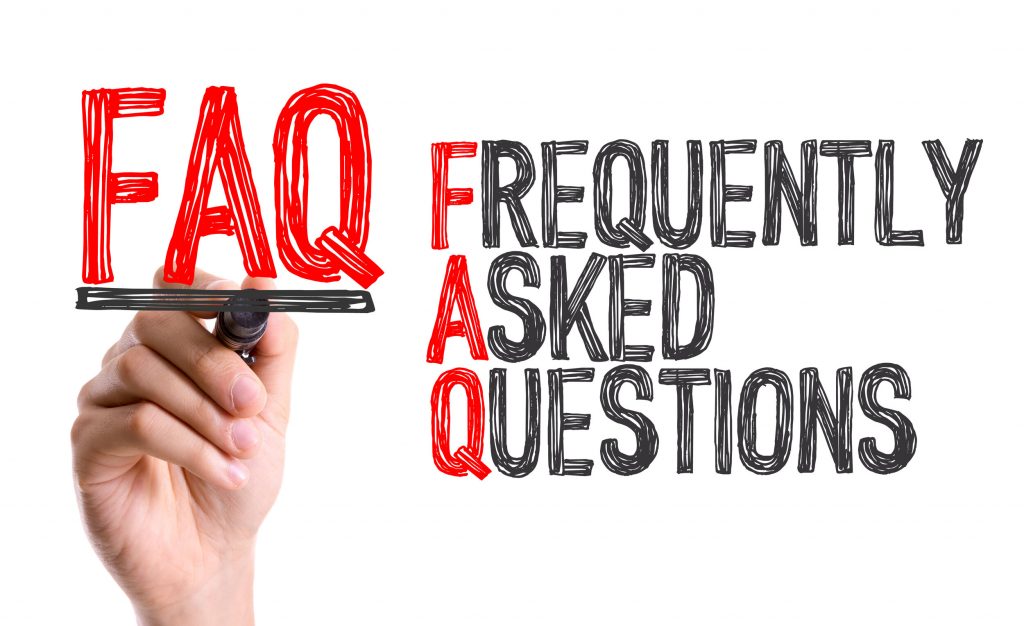Frequently Asked Questions

What are nootropics?
Nootropics, sometimes called “smart drugs” or cognitive enhancers, are substances that may improve mental functions such as memory, focus, alertness, or motivation. Some are prescription medications (for example modafinil or methylphenidate), while others are over the counter compounds, herbs, or dietary supplements.
Are nootropics safe?
Safety depends on the specific compound, the dose, the individual, and the context. Some nootropics, like caffeine and L-theanine, have well established safety profiles. Others, including prescription stimulants, can carry risks such as dependency, cardiovascular strain, or sleep disruption, particularly when used off label or without medical supervision. For many newer nootropics, the long term effects remain uncertain.
Do nootropics actually work?
Some do, but the effect size varies widely. Modafinil, for instance, may improve alertness and executive function in people who are sleep deprived, while compounds like piracetam have shown mixed or modest results in healthy users. Any benefit is often subtle rather than dramatic, and responses can differ a lot from one person to another.
Is it ethical to use nootropics?
That depends on your values and the context. Some people view nootropics as similar to caffeine or private tutoring, simply another tool for self improvement. Others are concerned about fairness, social pressure to keep up with peers, or the idea of turning normal performance into a medical issue. At Greendoor, our role is to provide clear information so you can decide where you stand.
Will I be at a disadvantage if I don’t take nootropics?
This worry is understandable, especially in competitive settings like universities or high pressure workplaces. Research has found increasing non medical use of stimulants on some campuses, often to gain an edge during exams or intense study periods. The ethical and social questions around this are still being debated. At Greendoor, we focus on informed choice rather than nudging anyone toward or away from nootropics.
Are nootropics legal?
Legality depends on both the substance and where you live. Prescription nootropics such as modafinil or Adderall are usually controlled drugs and illegal to possess without a valid prescription. Other compounds, including some racetams or herbal products, may be freely sold in one country and restricted or banned in another. It is essential to check the regulations in your own jurisdiction.
What’s the difference between a supplement and a prescription nootropic?
Prescription nootropics are regulated medications used to treat conditions like ADHD, narcolepsy, or Alzheimer’s disease. Supplements, such as bacopa monnieri, alpha-GPC, or L-tyrosine, are typically marketed for general wellness or “brain support” and are often used off label for cognitive goals. They tend to be less rigorously studied and less tightly regulated than prescription drugs.
Are nootropics addictive?
Some can be. Stimulants such as methylphenidate (Ritalin) and amphetamines (Adderall) are known to have addiction and misuse potential. Modafinil is generally considered to carry a lower risk, although psychological dependence is still possible for some users. Most natural supplements appear to have a lower addiction risk, but that does not remove the need for caution and self awareness.
Can nootropics make me smarter?
They are unlikely to raise your IQ in a permanent way. However, they may help you perform closer to your personal best in certain situations, for example by improving focus while studying, boosting alertness after poor sleep, or increasing motivation during demanding mental work.
Should I talk to a doctor before trying nootropics?
Yes. A medical professional can help you evaluate potential benefits and risks, review your medications and health conditions, and flag possible interactions. This applies not only to prescription compounds or stacks, but also to over the counter and “natural” products.

